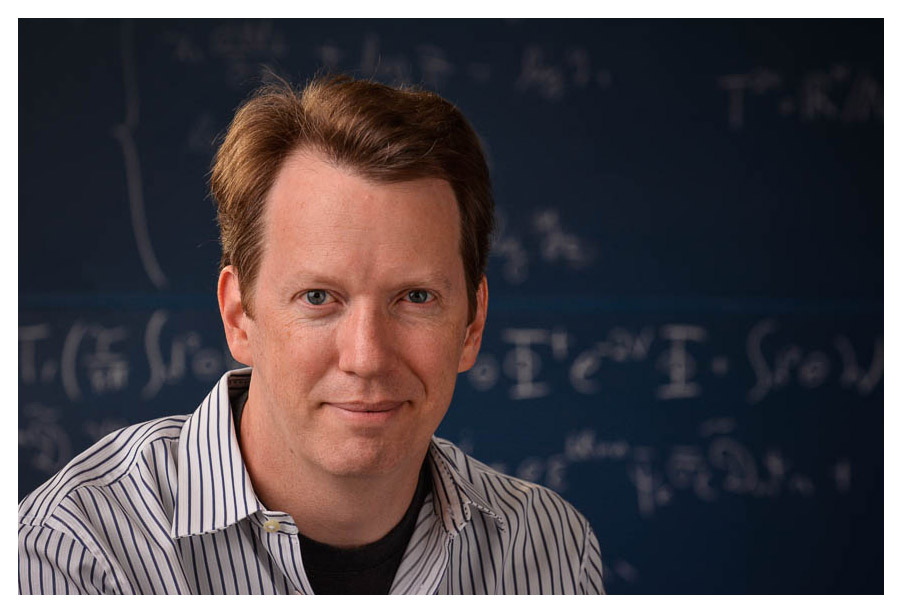Thomas Levenson on “The Hunt for Vulcan”
Audio here!
It was believed for decades that our Solar System had an extra planet, closer to the Sun than Mercury: the planet Vulcan. The planet doesn’t exist, of course, but it took quite a while to figure that out. Why is that? What does this episode say about science and how it works? Is this a laughable mistake or a blunder in the history of science, or was science doing its job?
Today we’ll be speaking with Thomas Levenson, whose new book, ‘The Hunt for Vulcan: . . . And How Albert Einstein Destroyed a Planet, Discovered Relativity, and Deciphered the Universe‘, addresses these questions while telling the compelling story of the “discovery” of a false planet.
Thomas Levenson is a professor at MIT and head of its science writing program. He is the author of several books, including ‘Einstein in Berlin’ and ‘Newton and the Counterfeiter: The Unknown Detective Career of the World’s Greatest Scientist.’ He has also made ten feature-length documentaries (including a two-hour Nova program on Einstein) for which he has won numerous awards.


